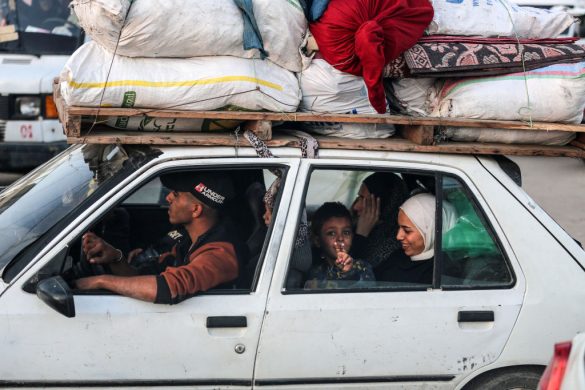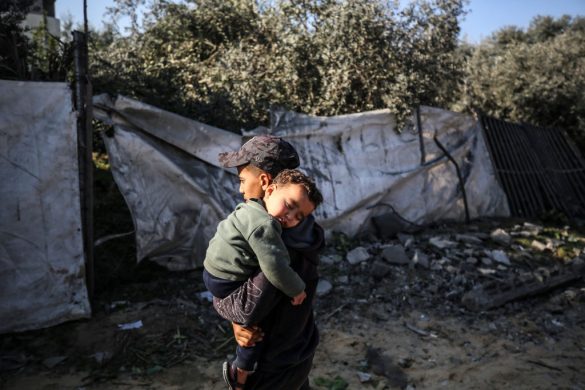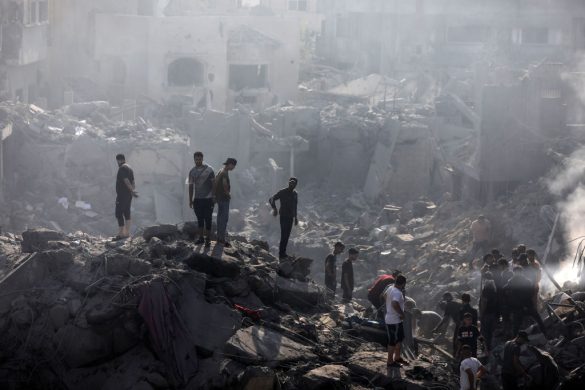FNs Flygtningehøjkommissariat, UNHCR, forsøger sammen med tunesiske og egyptiske myndigheder at komme 110.000 flygtninge fra Libyen til undsætning, oplyser UNHCRs hjemmeside mandag.
GENEVA, February 28 (UNHCR): High Commissioner for Refugees António Guterres expressed concern for refugees who might be trapped in the beleaguered North African nation.
“There are no planes and boats to evacuate people originating from war-torn or very poor countries,” Guterres said, urging governments to consider the needs of all vulnerable people and not just their own citizens. “Many of these people feel targeted and afraid, and have no resources,” he added.
Libya has long been a transit and destination country for refugees. UNHCR has recognized 8.000 Palestinian, Iraqi, Sudanese, Ethiopian, Somali and Eritrean refugees. A further 3.000 were seeking asylum, while thousands more are believed to be in the country.
But over the past two weeks, Libya has been torn by escalating violence between government supporters and opposition forces, forcing tens of thousands of people – mainly foreigners working in Libya – to seek shelter in neighbouring Tunisia and Egypt.
“Africans seem to be particularly at risk as they are being associated with foreign mercenaries,” said the High Commissioner. “We are very concerned they are unable to move or access safety.”
Tribal leaders in eastern Libya told UNHCR at the weekend that sub-Saharan Africans were being treated with suspicion due to rumours about the government employing mercenaries from other parts of the continent. During the meeting UNHCR staff highlighted the fact that thousands of refugees from sub-Saharan Africa are in Libya, and are very vulnerable at this time. The tribal leaders promised to relay this information on to their communities.
UNHCR is working at the Tunisian and Egyptian borders to help the governments manage the dramatic influx. More than 110.000 people have crossed so far and thousands more are arriving by the hour.
Most of those fleeing are Egyptian and Tunisian nationals, though small numbers of Libyans and other nationalities are managing to escape. Several governments have sent aircraft and ships to evacuate their citizens.
But very few refugees have made it out. So far no refugees registered with UNHCR in Libya have crossed either the Egyptian or Tunisian borders. UNHCR is in touch with a number of refugees who are choosing to keep a low profile and stay at home; they say they are fearful of being targeted if they attempt to leave.














